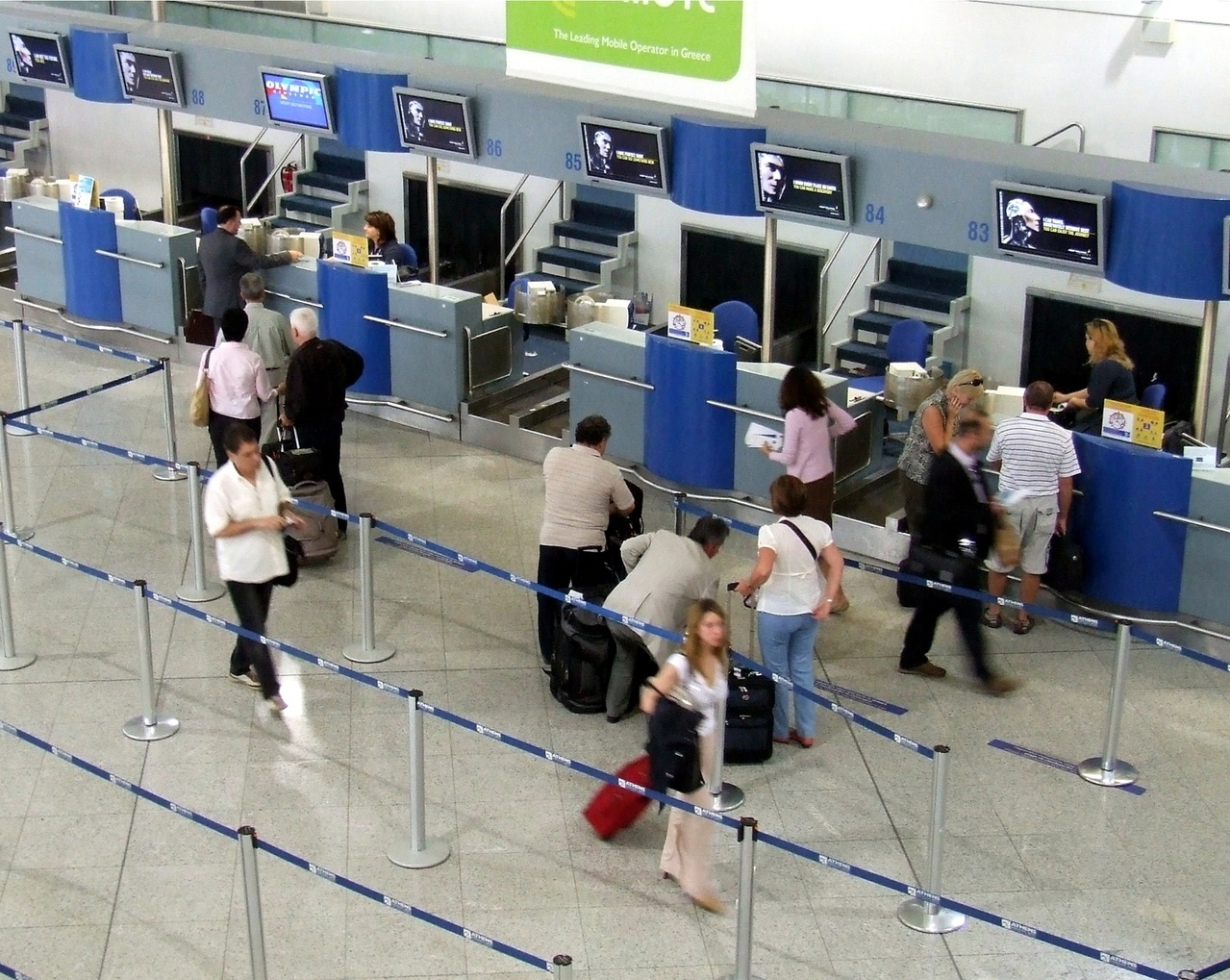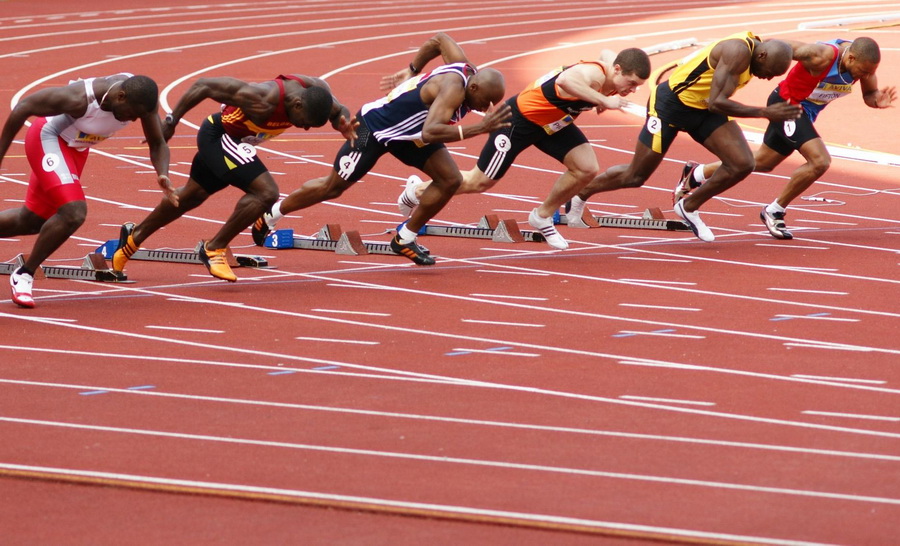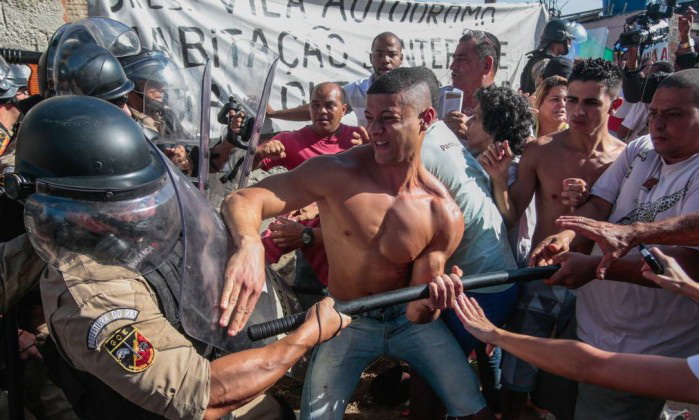POLITHEOR
European Policy Network
Op-ed
- Home
- Op-ed

Keeping Europe secure requires new thinking0
- EU Governance and Politics, Op-ed
- 08/07/2016
On the 21st of April the EU Council adopted the Passenger Name Records Directive, a security mechanism which enables law enforcement and national security agencies to access the personal data of everyone flying into and outside of the EU. This includes addresses, names, credit card information and details on accompanying passengers, even minors.
READ MORE
Ready, Set, Go: Fighting Olympic Corruption0
- International Relations and Global Affairs, Op-ed
- 08/07/2016
The preparation of the Olympic Games ends on a false note. In recent weeks, numerous scandals flooded news outlets all over the world. Be it the recent doping revelations, inconsistent awarding procedures or domestic cases of corruption that started with Petrobras and led to the impeachment of President Dilma Roussef. However, there is a straightforward solution for the IOC (International Olympic Committee) to mitigate the scandals related to the construction of the Olympic infrastructure: transparency in public procurement procedures.
READ MORE

Development through sport: the EU and the Olympics0
- International Relations and Global Affairs, Op-ed
- 06/07/2016
Sport has become an essential tool in the European Union’s soft power approach. Over the past few years, the political vision promoting economic development through sport has become a standard practice in Europe’s policies of solidarity and sustainable development. Yet, how can the European experience help improve the Olympic ideal of using sport to promote peace and prosperity?
READ MORE
Not-so-green games for a blue planet0
- Environment and Energy, Op-ed
- 06/07/2016
The organisers of the Rio Olympic Games promised to clean up Rio’s dangerously polluted waterways and provide sanitation for at least 80% of the inhabitants before 2016. As the games draw near, they admit that they have failed, but claim that there are no risks to athletes or to the general public.
READ MORE
Bread and games and evictions0
- International Relations and Global Affairs, Op-ed
- 05/07/2016
The defeat of the Brazilian team at the hands (feet?) of the German Mannschaft two years ago is etched in our collective minds. The match – though remarkable – had little to do with that. What stuck was the reaction of the public and the images of heartbroken football fans that went around the globe. They showed a nation that had betted a lot on football – and lost.
READ MORE







